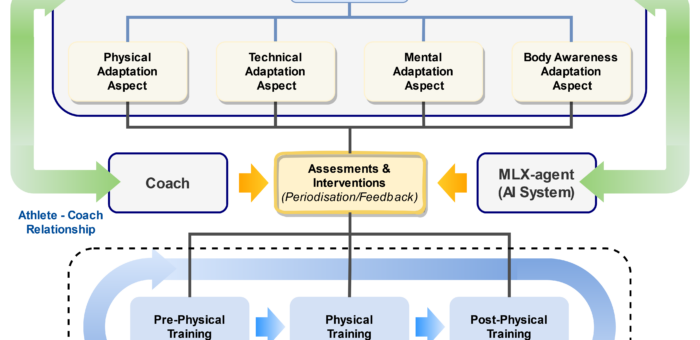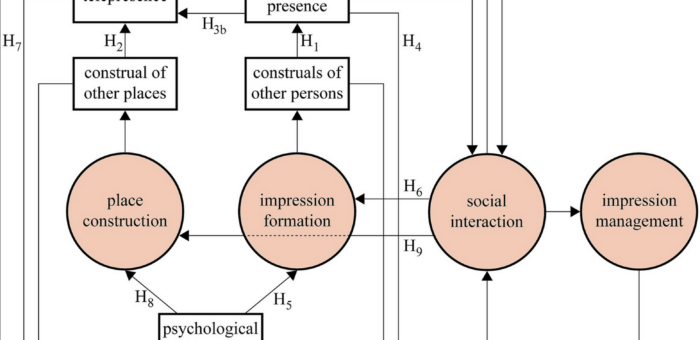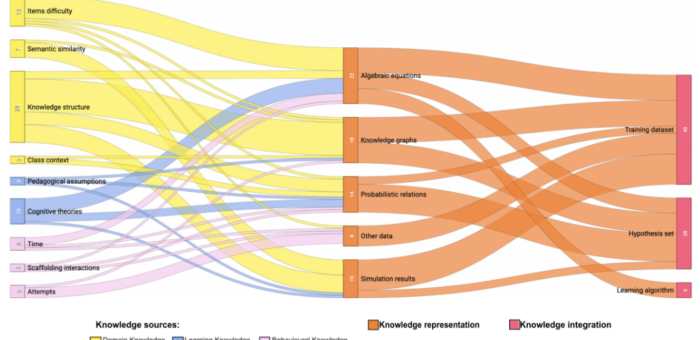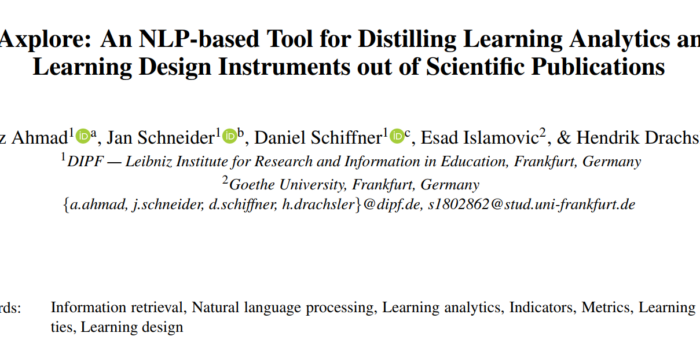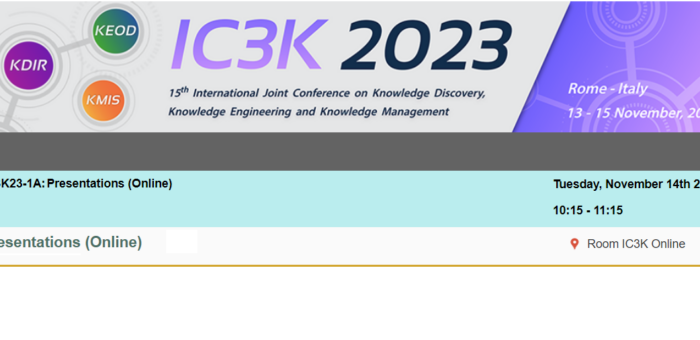
New Publication: Addressing gender in STEM classrooms: The impact of gender bias on women scientists’ experiences in higher education careers in Germany
In an expert study conducted in Germany, Dana Kube and her research team delve into the complex dynamics of gender bias within STEM (Science, Technology, Engineering, and Mathematics) classrooms. The study, aimed at understanding the role gender plays in shaping the experiences of women scientists in higher education, sheds light on the challenges they face and proposes strategies for fostering gender inclusivity in STEM classrooms. The primary objective of the study was two-fold: first, to comprehensively examine the influence of gender and gender bias in STEM environments within higher education institutions, and second, to identify potential areas where Computer-Supported Collaborative Learning (CSCL) pedagogical interventions could mitigate these biases among students and teachers in German STEM departments. Employing the innovative group concept mapping method, the research team collaborated with women participants…


